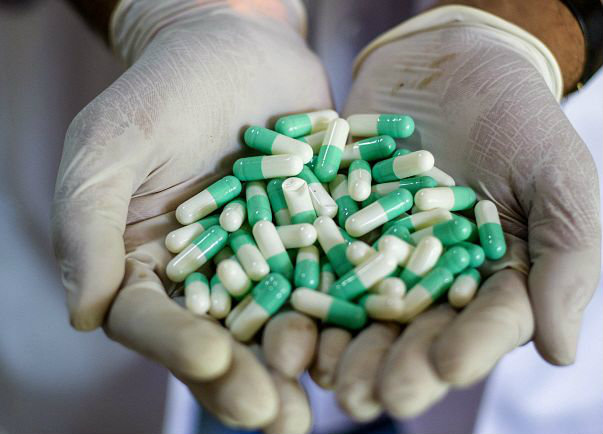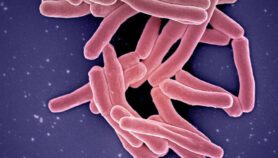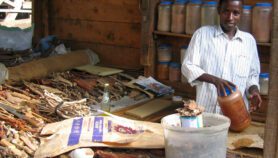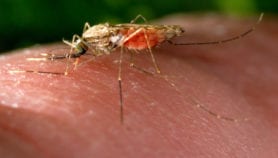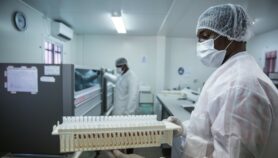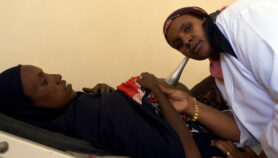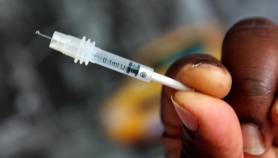By: Sumita Thapar
Send to a friend
The details you provide on this page will not be used to send unsolicited email, and will not be sold to a 3rd party. See privacy policy.
Improving access to antibiotic drugs could stop 445,000 children under five dying from pneumonia every year, a study shows.
Of these, about 170,000 deaths would be prevented in India and 49,000 in Nigeria, says the paper, published on 18 November in medical journal The Lancet. The overall reduction would represent a three-quarter drop in fatalities across the 101 countries analysed, adds the study, which is part of a series of articles marking World Antibiotic Awareness Week.
“Our concern is that we don’t want resistance to become an excuse for access.”
Ramanan Laxminarayan, Center for Disease Dynamics, Economics & Policy
Study coauthor Ramanan Laxminarayan, director of the Center for Disease Dynamics, Economics & Policy in the United States, says there are two problems: limited drug access and antibiotics not working because bacteria become resistant to them.
“Our concern is that we don’t want resistance to become an excuse for access,” he tells SciDev.Net. “Governments are not giving up [on antibiotics], but they need to do more both on expanding access to those who need [them] and limiting access for those abusing or overusing antibiotics,” causing resistance to spread.
Infectious diseases killed 6.3 million children under five-years-old in low- and middle-income countries in 2013, mostly newborn babies, the paper says. Out of 2.9 million neonatal deaths in 2012, an estimated 680,000 were associated with severe bacterial infection, it says.
In India alone, 56,500 newborn babies die each year of neonatal sepsis caused by bacteria resistant to front-line antibiotics.
“Access to life-saving antibiotics is a human rights issue, but the sad reality is that, in these countries, this is not realised because of infrastructure and financial constraints,” says Manica Balasegaram, the executive director of a campaign run by medical charity Médecins Sans Frontières to widen access to medicines, and a coauthor of other studies in the Lancet series.
Promoting the use of generic drugs, training healthcare workers to improve diagnosis and scaling up prevention measures such as vaccination would all help improve access, he adds.
The study shows that giving the pneumococcal vaccine to more under-fives would nearly halve the number of days children need to take antibiotics for pneumonia and other infections caused by Streptococcus pneumoniae in 75 countries studied.
The best way for low- and middle-income countries to counter antibiotic resistance is by improving water quality and sanitation, educating the public about appropriate antibiotic use and limiting the use of antibiotics in livestock, the paper says.“Given that all antibiotic use results in greater resistance, there has to be a strategic approach where antibiotics become medicines of last resort only,” says Satya Sivaraman, communications coordinator at the NGO ReAct — Action on Antibiotic Resistance, in Thailand. “In the long run, basics like food and water are the real medicine needed.”
Laxminarayan says “people don’t take antibiotics seriously: they pass them around like chocolates”. Balasegaram adds: “We need to see them as important life-saving drugs — and need to apply quality standards.”
References
Ramanan Laxminarayan and others Access to effective antimicrobials: a worldwide challenge (The Lancet, 18 November 2015)


